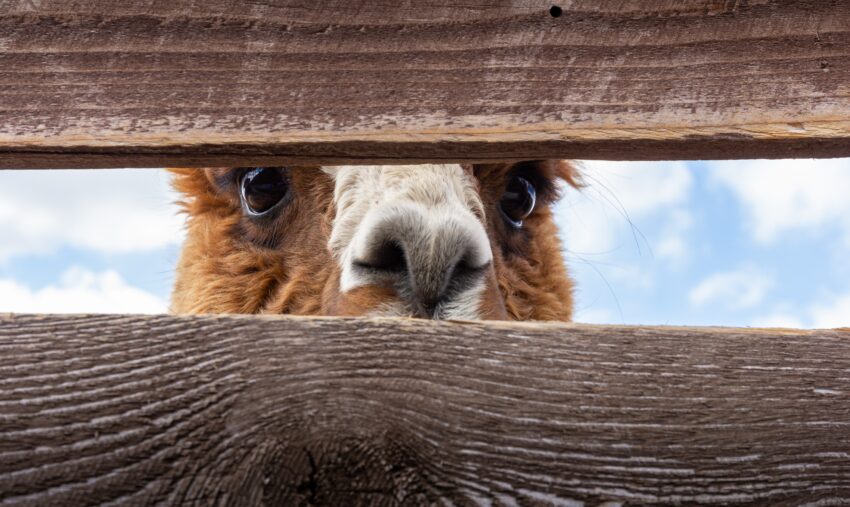In the wake of profoundly unsettling events these past few weeks, I am reminded of a profound lesson to be found in a deceptively simple question humanity cannot seem to stop asking: “Why?”
A charmingly genuine, quirky, insightful podcaster/broadcaster/commentator retold the so-called Parable of the Chinese Farmer sent to him by a listener to his VORW International podcast (episode from May 8, 2021). I paraphrase John’s paraphrase of a paraphrase below:
Once upon a time there was a Chinese farmer who lost a horse — ran away
All the neighbors came around that evening and said “that’s too bad.”
And he said “Maybe.”
The next day the horse came back and brought seven wild horses with it.
And all the neighbors came around and said “why that’s great isn’t it.”
And he said “Maybe.”
The next day his son was attempting to tame one of these horses and was riding it, and was thrown and broke his leg.
And all the neighbors came around in the evening and said “Well that’s too bad isn’t it.”
The farmer said “Maybe.”
The next day the conscription officers came around looking for people for the army, and they rejected his son because he had a broken leg.
And all the neighbors came around jthat evening and said “ isn’t that wonderful.”
And he said “Maybe.”
The most apparent lesson of the parable is that we should be slow to judge the events that befall us. What seems good may be bad and what seems bad may be good. Indeed, so many times this turns out to be true. Open-mindedness, I agree, is a good stance from which to start.
But let’s go a little deeper. Openness is but the starting point of what I think is being pointed to here.
Creating Meaning
Usually when we ask the question, “Why?” we are looking backward, searching for causation. While there is value in understanding how we ended up where we are, most of the time there are too many variables to definitively decipher repeatable recipes for our current triumphs or predicaments.
But what if we are looking in the wrong direction? The Hebrew word for “why?,” which is “lama?” (sounds like “llama”), points us to a forward looking version of the question “Why?” The Hebrew word “lama?” can be thought of as a contraction of the prefix “l’…,” which means “to” or “toward,” and the interrogative word “what?.” In other words, the Hebrew language is suggesting that when we ask the pervasive, very human question “Why?” we ought to be directing our thinking toward the future, not the past. Don’t ask “From where did this come?” Ask instead “To where do I take this?”
Taken together, perhaps, the Parable of the Chinese Farmer and the ancient wisdom of the Hebrew language are directing us to respond to the vicissitudes of live by devoting ourselves to creating meaning through creative purpose. Purpose, or meaning, is not something we merely attempt to decipher. It is something we are responsible to create, perhaps in partnership with the Divine. Whether we confront tragedy, anxiety or triumph, we are challenged to direct our pain, our pride, our talents and our struggles toward making the world something closer to what we believe it can and should be. What would happen if our way of celebrating success, mourning loss and managing uncertainty all consisted of a new kind of “Why?” What if we responded to life’s every conquest, concussion and curve-ball by asking “What am I supposed to do with this? How do I make it matter?”
Photo by Joakim Honkasalo on Unsplash




